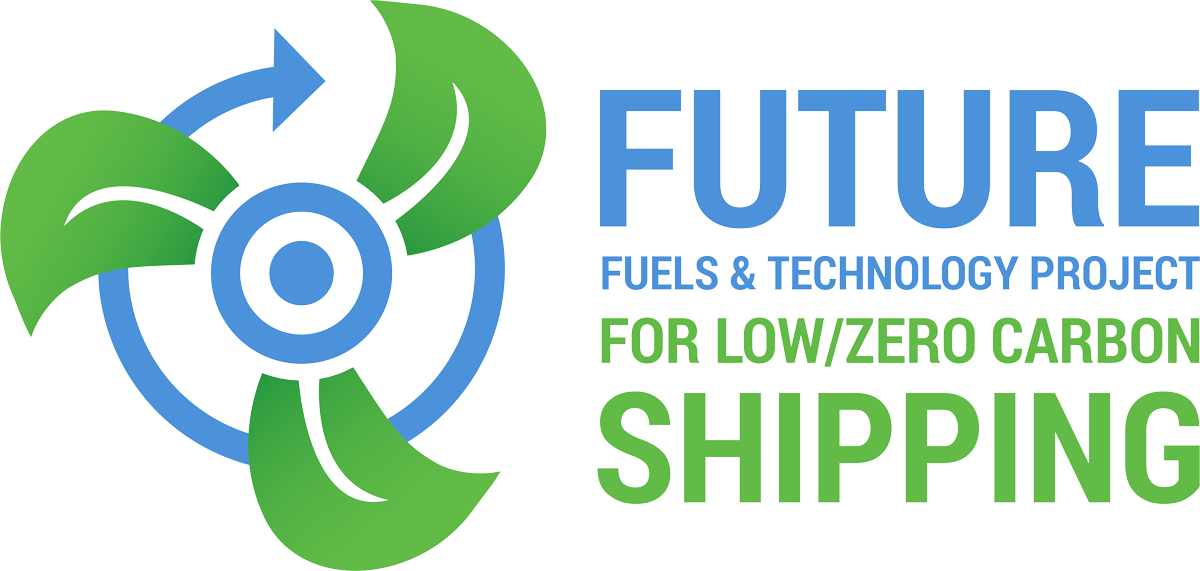To explain the impact of green methanol and ammonia and propose the implementation of zero-emission fuel bunkering at ports by 2030
Fuel Type: LNG
Analysis on interaction of CII with GFS: Calibrating IMO energy efficiency and fuels targets
To recommend effective strategies for the shipping sector to achieve the IMO emission reduction targets
Options for Reducing Methane Emissions from New and Existing LNG-Fueled Ships
To evaluate the effectiveness of various technological and operational measures to reduce methane emissions from LNG-fueled vessels, to assess the current status of LNG engine technology, and finally to provide recommendations for policy changes and technological improvements to mitigate methane emissions from LNG-fueled vessels.
Cost of Regulatory Compliance Lower with LNG
To provide information on the impact of alternative fuels choice
The shipping industry’s fuel choices on the path to net zero
To expect the timing of adoption and commercialization of green alternative fuel engines from the perspective of international shipping and explain the major roles of stakeholders related to alternative fuels in shipping
Maritime Forecast to 2050
To analyze the current state of the shipping industry’s carbon emission reduction transition and the prospects for new technologies and stretegies, including ship design and fuel selection, necessary to achieve full net-zero
Applying Alternative Fuels to Existing Ships (Engine Retrofit Report 2023)
To explore decarbonization through retrofitting existing ships and analyze the price gap between alternative fuels and conventional fuels through forecast scenarios for the application of alternative fuel technologies in ship retrofits
It is worth noting that this report proposes a required carbon tax of $350 per ton of CO2 in order to bridge the price gap between existing marine fuels and the latest eco-friendly alternative fuels, such as methanol and ammonia.

